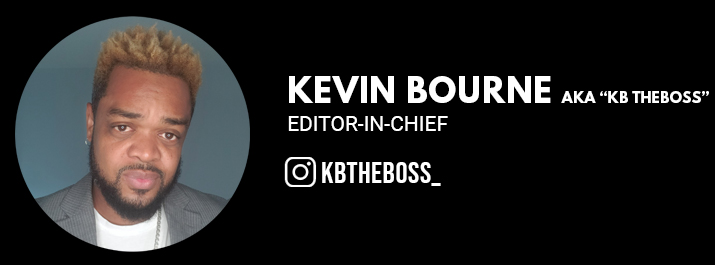James Vanderbilt’s historical drama is “dark” and “haunting”, but a “magnificent piece of storytelling.” Here’s our Nuremberg film review.
The 2025 edition of the Toronto International Film Festival featured a few historical and political dramas. One of them was writer-director James Vanderbilt‘s Nuremberg, based on Jack El-Hai’s 2013 non-fiction book The Nazi and the Psychiatrist. The film is a retelling of the events leading up to and throughout the Nuremberg Trials which brought the Nazi high command to justice after World War II. It was a seminal moment in world history—a first of its kind international war crimes tribunal presided over by justices from the Allied countries.
Starring Oscar winners Russell Crowe (Gladiator) and Rami Malek (Bohemian Rhapsody), the film sees psychiatrist US Lt. Colonel Douglas Kelley (Malek) assigned to assess Nazi second in command Hermann Göring (Crowe) and the other Nazi commanding prior to standing trial. The two strike up a type of friendship, but soon we learn that trust may have been misguided. Göring is confident that he will one day return to his family following the trial. Meanwhile, Kelley has ambitions and sees this interaction with Göring, and the book that he will write, as his ticket to making a name for himself.
Despite its dark themes and aesthetic, Nuremberg is a stunning and visually rich viewing experience, from its set design and costume design to its scenery and cinematography.
But the film wouldn’t be what it is without nomination worthy performances from Crowe and Malek. With his accent, mannerisms, and wardrobe, Crowe completely embodies the menacing, narcissistic and cerebral Göring, who is self-assured and always feels one step ahead; the smartest person in the room. Meanwhile, Malek shines as the fiery and equally cerebral and self-assured Colonel Kelley who is every bit Göring’s intellectual match. Together, Crowe and Malek are simply dynamic on screen. In character, the two go back and forth in a kind of chess match that leaves you wondering whether, in the end, either of them actually came out on top.
The film also features strong performances from Leo Woodall as the boyish English-German translator Sgt. Howie Triest (who kind of befriends Colonel Kelley), and Michael Shannon as the sometimes in over his head Nuremberg prosecutor and US Supreme Court justice Robert H. Jackson.
Both literally and figuratively, Nuremberg is a dark and haunting story that’s still relevant today. In a time when race politics and extremism are on the rise globally, it’s a cautionary tale about how far society can go if left unchecked. When looking at the Nazi regime and all the death that followed it, the film asks a haunting question: “How did this happen?,” which ultimately leaves viewers to ask not only “Can this happen again?” but “Is this happening right now?”
Nuremberg may feel heavy to some viewers as it includes graphic scenes of starvation, violence, and suicide, and no real happy ending, but as a film and story, it’s a magnificent piece of storytelling that we can all learn from.
Kevin Bourne is SHIFTER’s Toronto-based editor and Senior Entertainment Reporter focusing on Black music and film & TV. He was named one of 340 international voters for the Golden Globe Awards and a Tomatometer-Approved Critic by Rotten Tomatoes.

Related content:
FILM REVIEW: THE LOST BUS IS ONE BIG BALL OF ANXIETY WRAPPED IN A GREAT STORY




